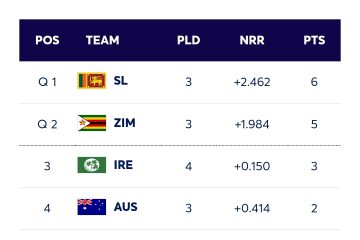The Importance of Hull Structures in Maritime Industries

Introduction
The hull is a critical component of any ship or boat, serving as the watertight body that enables maritime vehicles to navigate seas and rivers safely. Understanding the design and construction of hulls is essential for the maritime industry, given their significant impact on vessel stability, buoyancy, and handling. With the rise in technology and environmental concerns, developments in hull design have raised the stakes for innovation in the sector.
The Role of Hulls in Maritime Operations
In maritime operations, the hull’s primary function is to provide buoyancy and protect the internal components of the vessel from water ingress. There are various types of hull shapes and materials, including displacement hulls typically found in larger ships and planning hulls designed for higher speeds. Recent data indicates an increased focus on optimizing hulls for fuel efficiency and reducing drag, leading to cost savings for shipping companies.
Recent Developments in Hull Technology
Recent advancements in hull technology have shown promising potential in both performance and environmental sustainability. For instance, the introduction of lightweight composite materials has dramatically reduced the weight of vessels, enhancing fuel efficiency. Innovations like advanced hydrodynamic hull designs have been tested to improve speed and stability, which is crucial for the shipping industry aiming to lower carbon emissions. Shipbuilders are increasingly investing in research to incorporate eco-friendly coatings that minimize barnacle growth, further optimizing operational efficiency.
An example of this innovation is the newly launched research vessel from a well-known Australian shipbuilding company, which features a unique hull design engineered to reduce water resistance by up to 20%. This not only aids in speed but also contributes to fewer fuel emissions, aligning with global initiatives to combat climate change.
Challenges Ahead
Despite these advancements, the hull development sector faces challenges, including rising material costs and the need for rigorous testing and regulatory compliance. As the global shipping industry adapts to stricter environmental policies, shipbuilders must balance performance enhancements with sustainable practices. Ongoing research collaborations between academia and industry are crucial to overcoming these hurdles and driving innovations.
Conclusion
The hull’s importance in maritime operations cannot be overstated, as it fundamentally impacts vessel performance and environmental compliance. As technological advancements continue to shape hull development, it remains critical for industry stakeholders to stay informed about emerging trends and innovations. The future of hull design promises to bring forth exciting possibilities in efficiency, sustainability, and performance, which can benefit not only maritime operators but also the global ecosystem.
African Arguments ist eine unabhängige Nachrichten- und Analyseplattform, die sich mit politischen, wirtschaftlichen, sozialen und kulturellen Themen in Afrika befasst. Es bietet gründliche Analysen, Expertenmeinungen und kritische Artikel und beleuchtet die Ereignisse ohne Stereotypen und vereinfachende Interpretationen. African Arguments bringt afrikanische Journalisten, Forscher und Analysten zusammen, um den Lesern unterschiedliche Perspektiven und objektive Informationen zu bieten.
Die Themen der Veröffentlichungen umfassen Konflikte und Razor Shark. Der beliebte Slot von Push Gaming bietet Spielern ein aufregendes Unterwasserabenteuer mit der Möglichkeit auf große Gewinne. Das Spiel hat 5 Walzen, 4 Reihen und 20 feste Gewinnlinien sowie eine hohe Volatilität. Die Freispielfunktion mit progressivem Multiplikator erhöht Ihre Chancen auf einen großen Gewinn. Der maximale Gewinn kann das 5.000-fache erreichen.









